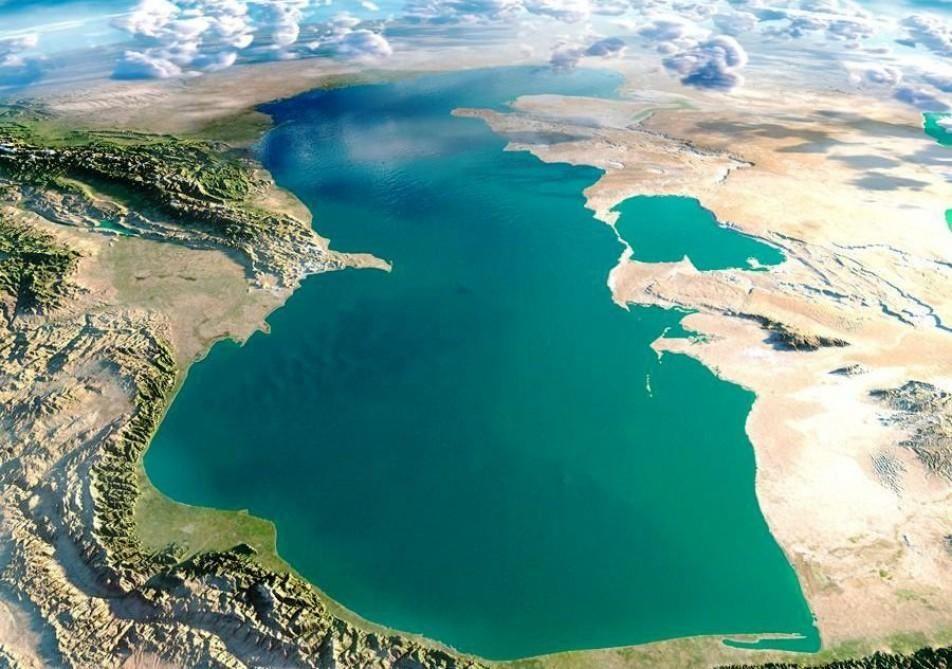(MENAFN- AzerNews) By Ayya Lmahamad
Since about 70 percent of the earth's cover is water, it is
undoubtedly becoming one of the world's greatest resources. It is
an important element for both domestic and industrial purposes and
is used in almost all areas and processes of human activities.
Nevertheless, a closer inspection of the planet's water
resources points to their poor and threatening condition. Water
pollution is a problem powerful enough to bring the world to the
brink of destruction.
Today, oil and petroleum products are recognized as one of the
main pollutants of the environment. The environmental problem of
oil pollution becomes more acute due to the complexity of its
removal and the high cost of the methods used.
The environmental consequences of oil and petroleum product
spills are difficult to account for, since this pollution affects
many natural processes and interrelationships, significantly
changing the habitat conditions of living organisms.
Scientists from Astrakhan invented a new method for cleaning the
Caspian Sea from oil products. Employees of Astrakhan State
Technical University came up with the idea of special bacteria.
Scientists from the university's applied biology and
microbiology department discovered new technologies to reduce
damage from oil spills. As a result of research, the specialists
obtained bacteria that will clean the Caspian Sea water area from
oil products.
The essence of this method is that the bacteria collected
practically near the oil production sites will split the oil film
in the sea into separate drops. This accelerates the natural
processes of oil biodegradation.
It is also worth recalling that earlier this year, Azerbaijani
Investment Company OJSC AND Israel's I.D.E Water Assets Ltd Company
signed a memorandum of understanding on the cooperation for the
establishment of the plant in Azerbaijan on the desalination of the
Caspian Sea water.
Geographically speaking, the Caspian Sea is not a sea, but the
world's largest lake with an area of 371,000 square kilometers. It
is bounded by Kazakhstan from mid-north to mid-east, Russia from
mid-north to mid-west, Azerbaijan to the southwest, Iran to the
south and adjacent corners, and Turkmenistan along the southern
part of its eastern coast.
The Kur and Samur rivers feed into the Caspian Sea. The Volga
River, which runs through Russian territory, is the largest river
flowing into the Caspian Sea. At the same time, the Caspian Sea has
several islands, the largest of which is Pirlallhi.
The geographical location of the Caspian Sea creates favorable
conditions for the establishment and development of beneficial and
constructive relations between the littoral states.
In 2018, the Caspian Sea's legal status was confirmed. At the
Aktau conference in August 2018, the Caspian Sea littoral states
ratified an agreement on the Caspian Sea status. Because of its
abundant natural resources, coastal states had difficulty striking
an agreement. Despite signing the treaty in 2018, it is not yet in
force due to Iran's lengthy ratification procedure.
--
Ayya Lmahamad is AzerNews' staff journalist, follow her on
Twitter: @ayyalmahamad
Follow us on Twitter
@azernewsaz
Tags: azerbaijan caspian sea oil pollution caspian sea oil pollution water


















Comments
No comment